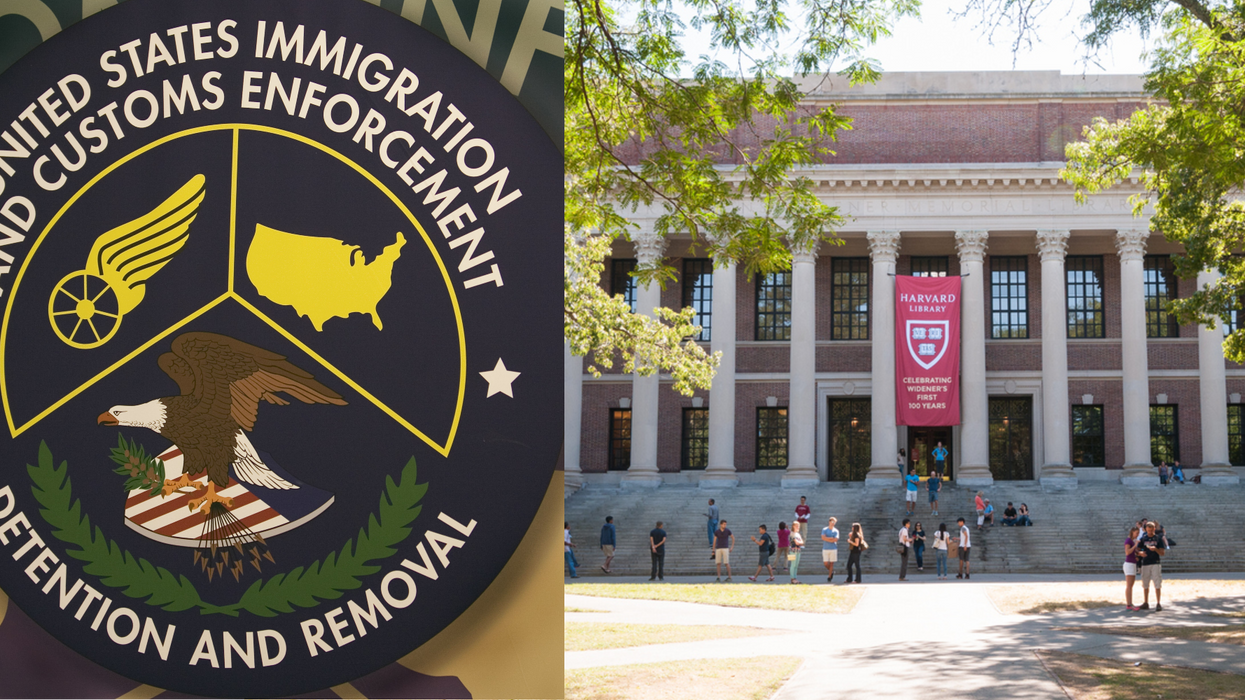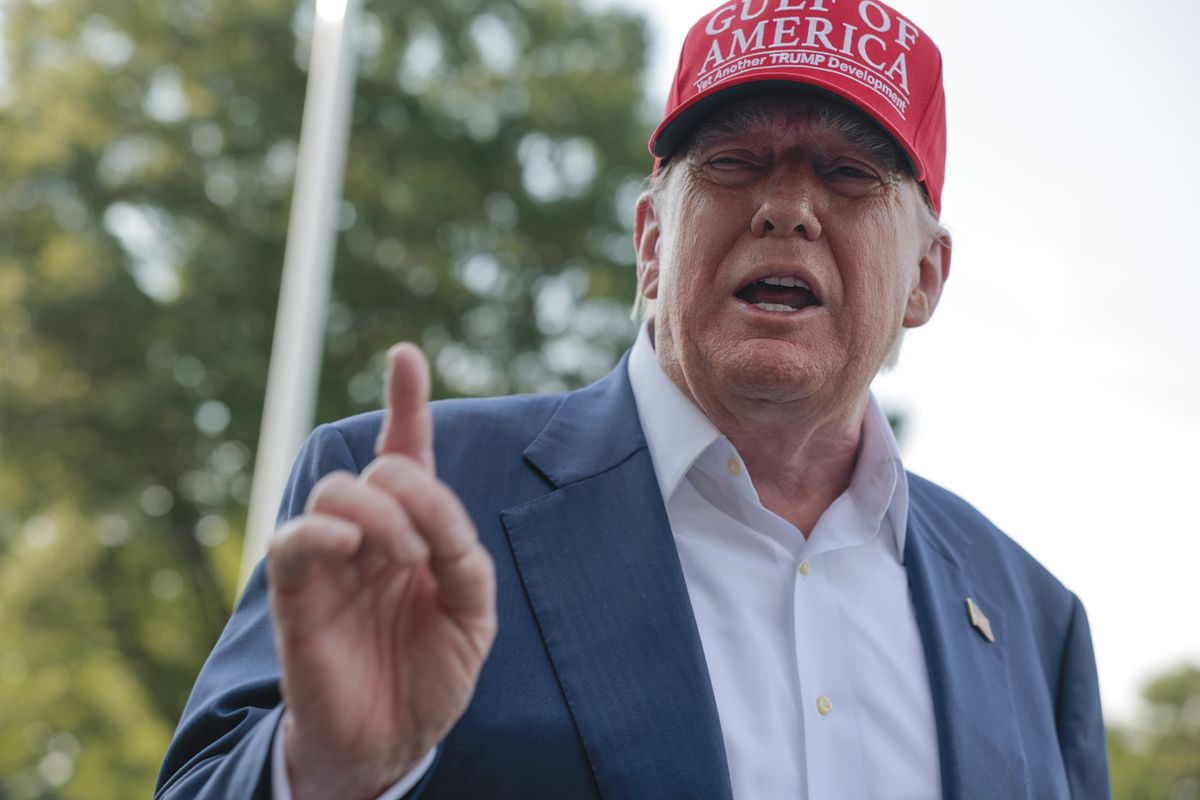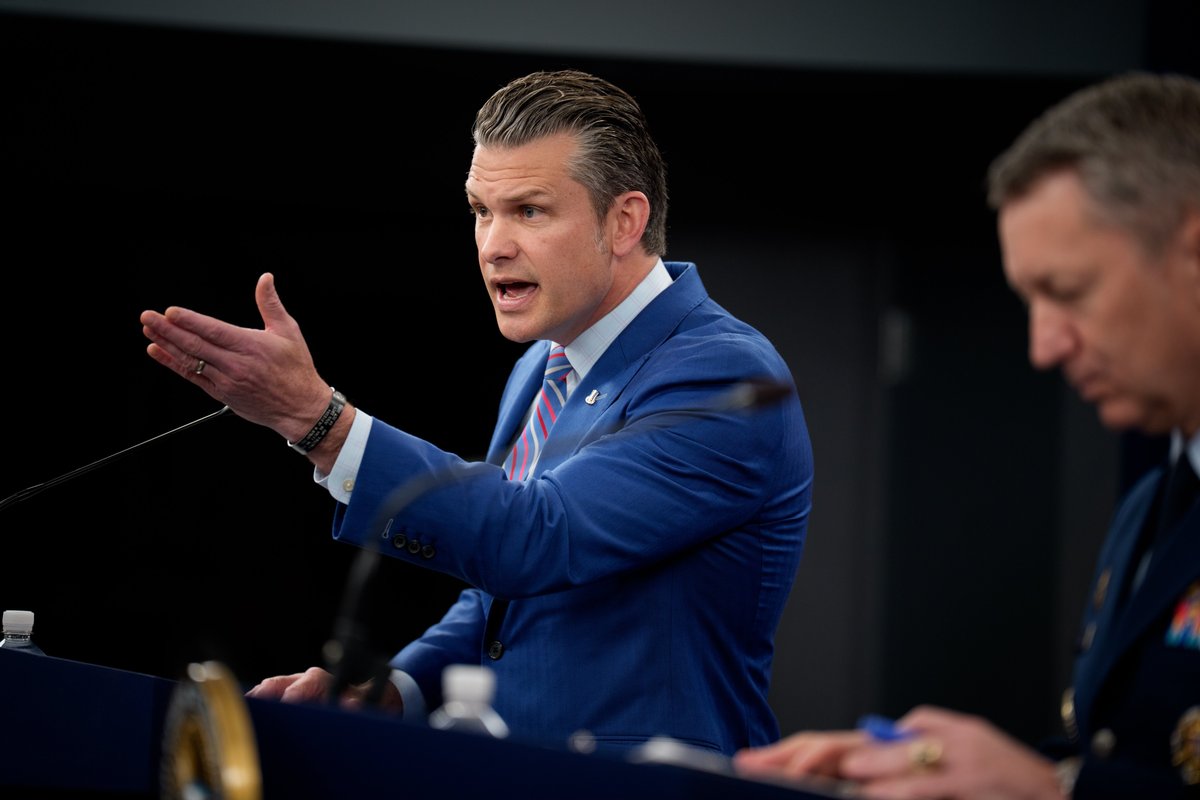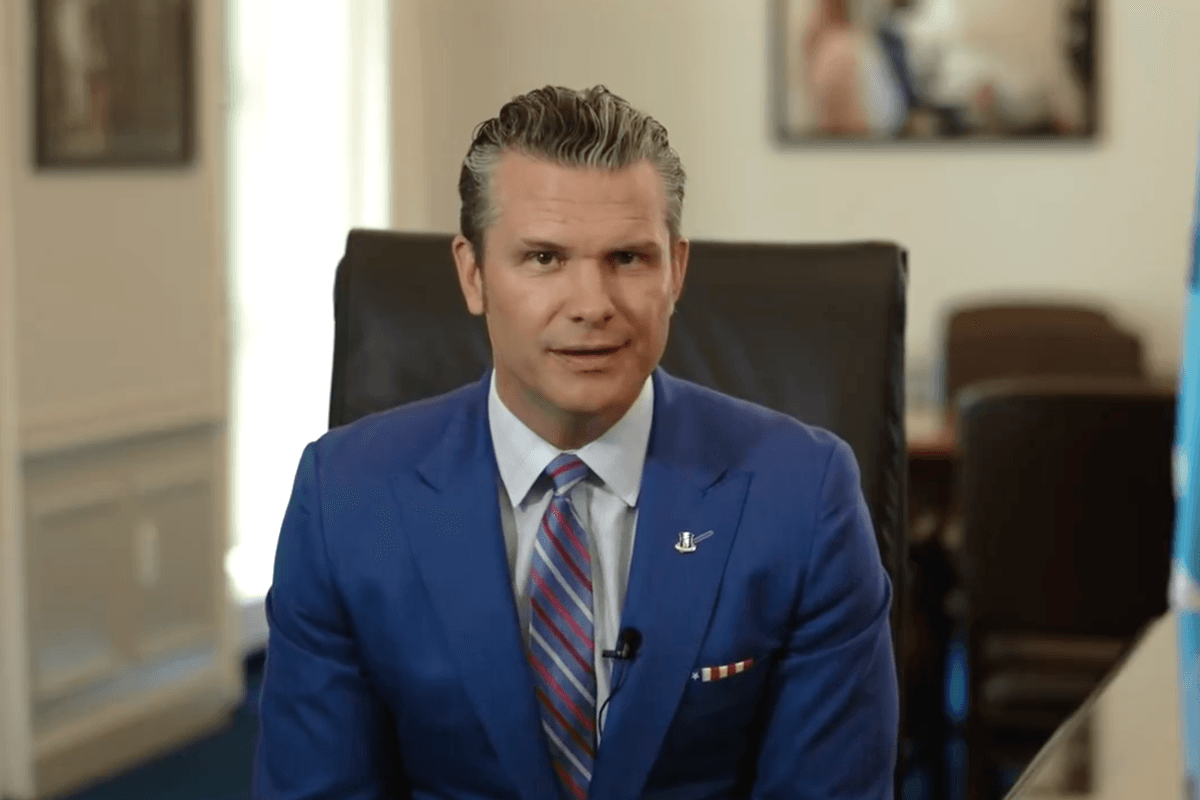News
Greg Evans
Jul 07, 2020

Picture:
PAUL J. RICHARDS/AFP/iStock/Getty Images
The US Immigration and Customs Enforcement, better known as ICE, has controversially announced that all international students in the United States must now take their classes in person and not virtually despite fears over coronavirus.
In news guidelines released on the ICE website, the organisation said:
Active students currently in the United States enrolled in such programs must depart the country or take other measures, such as transferring to a school with in-person instruction to remain in lawful status or potentially face immigration consequences including, but not limited to, the initiation of removal proceedings.
There will still be accommodations to provide flexibility to schools and nonimmigrant students, but as many institutions across the country reopen, there is a concordant need to resume the carefully balanced protections implemented by federal regulations.
Schools such as Harvard and Bowdoin are planning to have online-only semesters but ICE has now told students that anyone attending those institutions must transfer to somewhere that is not holding online semesters or leave the United States. In addition, ICE also stated it will not be giving out visas to students who attend schools offering fully online programmes.
Any students who attend a school that is offering a hybrid system of both online and in-person tuition will be allowed to stay but only as long as they are part of a course that doesn't take place solely online.
At least 23 schools including Yale, Georgetown and Stanford will be providing this hybrid system for their students.
That being said, students who return to their home country will still be allowed to take part in their courses if they are now online only. In addition, schools will have to tell the Student and Exchange Visitor Program that students will be taking "the minimum number of online classes required to make normal progress in their degree program".
This is one of the many moves that the Trump administration has made during the pandemic to restrict immigration and potentially lessen the spread of coronavirus and as you can imagine, this decision has caused uproar.
Aaron Reichlin-Melnick, a policy counsel at the American Immigration Council laid out what the new rules mean for international students in the US and why the new move is so controversial.
Larry Bacow the president of Harvard has released a statement on ICE's announcement, adding that the school was 'deeply concerned' by the new guidance.
Others have called the new rules 'cruel' and pointed out that is will affect not just international students but Americans as well.
This new policy will not come into practice until the fall of this year which does leave students some time to find an alternative to their situation but not a huge amount of time either.
Ted Mitchell the president of the American Council on Education said in a statement that the new rules were 'horrifying,' adding:
While we would welcome more clarity about international students studying in the United States, this guidance raises more questions than it answers and unfortunately does more harm than good.
ICE should allow any international student with a valid visa to continue their education regardless of whether a student is receiving his or her education online, in person, or through a combination of both, whether in the United States or in their home country, during this unprecedented global health crisis.
Earlier this year, Trump suspended the H-1B visa on the grounds that the visa posed an 'unusual threat' to American jobs during the pandemic.
Top 100
The Conversation (0)













